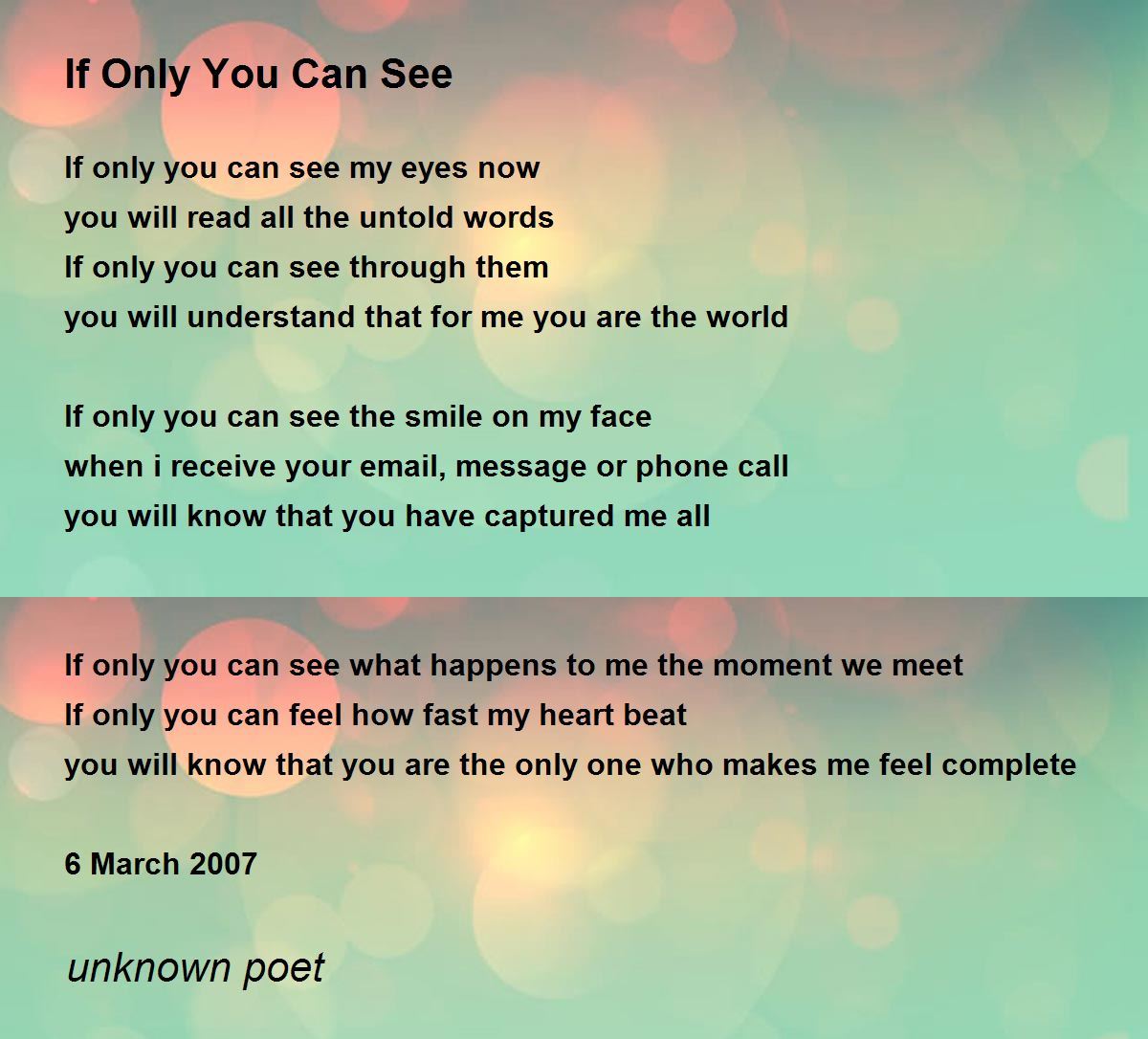

As I was reading the Lotus Sutra again recently, one chapter in particular, “Prophesy ofĞnlightenment forğive Hundredĝisciples,” caught my attention. Like with any sacred text, the more I study it, the more I am awed by its depth. My favorite is the Lotus Sutra, which has both philosophical teachings and didactic narratives. Some are highly philosophical others are mainly stories that contain important life lessons. One Word ofĞncouragementĜanĜhange the Future UNLIKE INĜHRISTIANITY, there are many thousands of scriptures in theěuddhist tradition. If we grant a favor with several conditions, then people express immense gratitude. If we’re quick to grant a favor, then people quickly forget their gratitude. A cruel irony: The reward for someone who works hard is more work. If the other party feels flattered and superior and lets the clever negotiator have his way, then it is really the negotiator who has won.

A clever negotiator leads the other party to think they’ve won while getting everything he wants. When our greed is awakened, we are cheated. Swindlers love to sweet-talk about future gains, insisting that things will work out if we listen to them. Only when we are envious of what he has, or expect something from him, do we become discontented and lose our composure.

When there is no envy or expectation, even the wealthiest and most powerful person is just another human being. Even if he got what he wanted with a momentary lie, the fact that he lied will stay with him until the day he dies. Time will tell if someone has spoken from the heart or made things up to get what he wanted. You can fool someone for a moment, but it is hard to fool someone for long. A bad conversationalist also brakes often- interrupting the flow with his own stories. I resolve to be that person for those around me.Ī bad driver brakes often. When I look deeply within myself, I realize what it is that I really want from others: attentive ears that listen to what I am saying, kind words that acknowledge my existence and worth, gentle eyes that accept my flaws and insecurities. If someone shares his problems with you, don’t feel the need to have the solutions. You are just grateful they are there for you and willing to listen. When you share your problems with your friends, you do not expect them to have the solutions. A wise person notices both the whole and the particulars. An ordinary person mainly notices particular things he likes or dislikes. A wise person thinks, “I don’t know the whole story.” She opens herself up to even greater wisdom. A foolish person thinks, “I already know that.” He keeps anything new from coming into his mind.


 0 kommentar(er)
0 kommentar(er)
